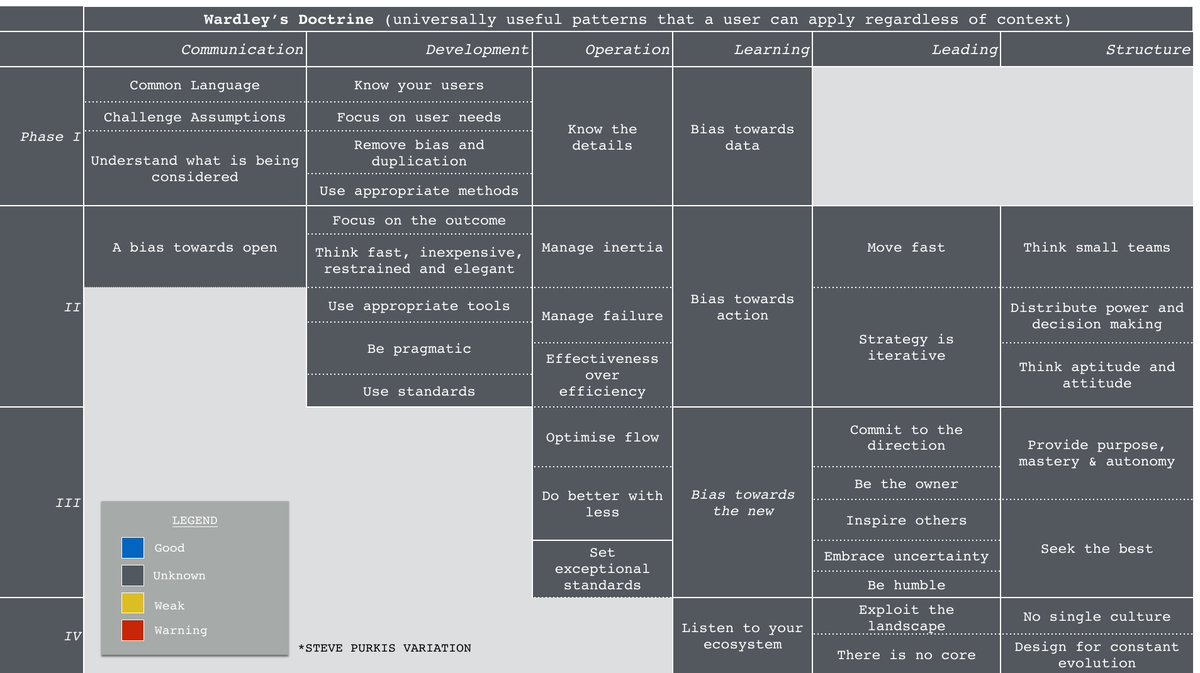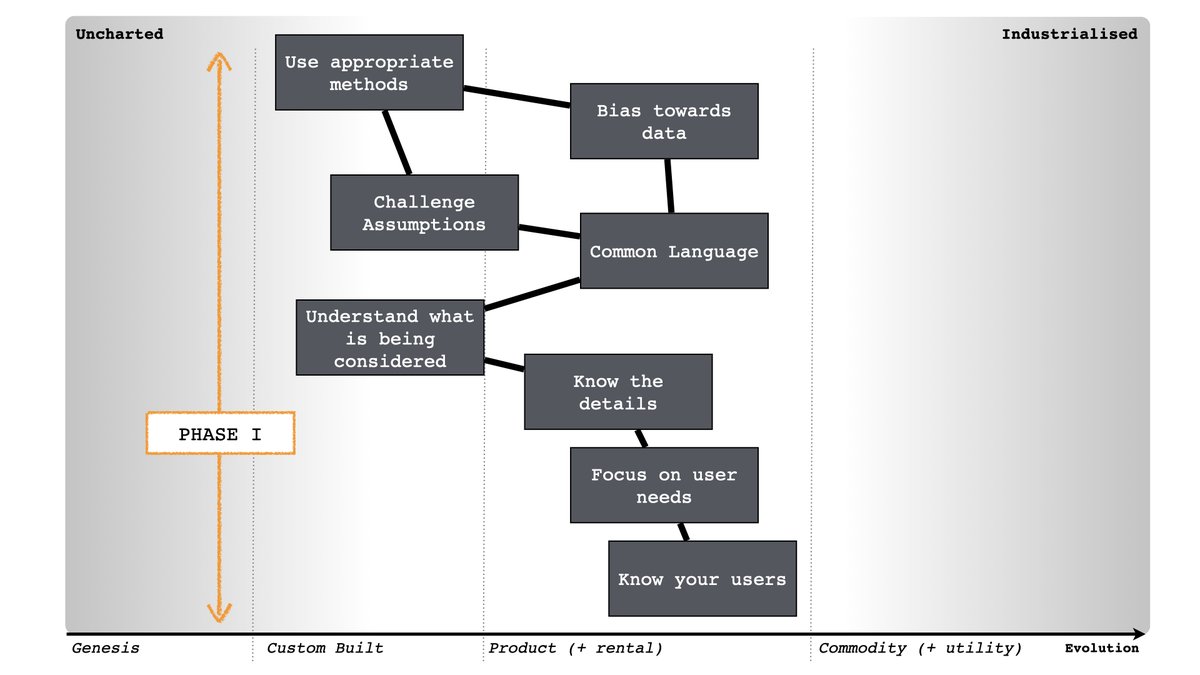
This is spot on. The loss of public trust through Dom's actions and the failure for Gov to act cannot be ignored. Also, blaming the people? That's a new low but one that was expected ...
https://twitter.com/NazShahBfd/status/1333042145159237635
... the role of Gov should be to "equip and enable us: to share as much information as possible and as much power as possible, so that we can work together where we live to find a new and sustainable normal" ... instead, for the last six months we've been following a path of ...
... "preparing the ground to blame you, the British people, for their [Gov] failure” - jonjalex.medium.com/johnsons-messa…
So, an MP, blaming the people is just part of this. Expect more.
So, an MP, blaming the people is just part of this. Expect more.
This is why it will be so important to have a Royal Commission investigate this whole matter. From contracts to response, from advice to action. There will be many lessons, some uncomfortable, to be learned.
X : Is there anything you agree with this Gov on?
Me : Of course. Lots. For example, Boris' Green Plan - gov.uk/government/new… - or the recent move towards locking down most of the country until Spring next year or some of the trade work that has been done. There is good ...
Me : Of course. Lots. For example, Boris' Green Plan - gov.uk/government/new… - or the recent move towards locking down most of the country until Spring next year or some of the trade work that has been done. There is good ...
... but the loss of public confidence, the loss of trust, the poor examples of integrity ... this needs to be fixed quickly.
• • •
Missing some Tweet in this thread? You can try to
force a refresh







